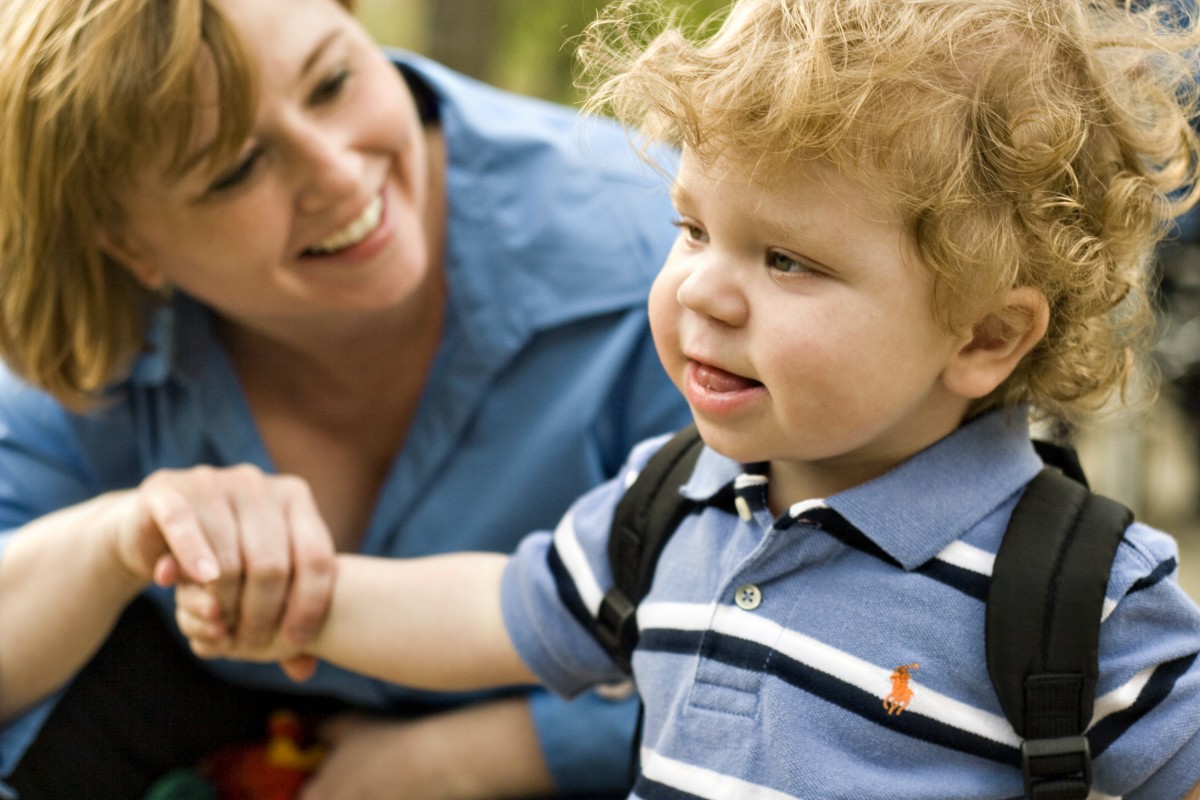
WHY I AM FIRED UP ABOUT NUTRITION – FEEDING TUBE AWARENESS WEEK 2018
Published by Traci Nagy on Feb 06, 2018
As the 8th Annual Feeding Tube Awareness Week begins, Feeding Matters is honored to welcome guest blogger and constant supporter Traci Nagy. Traci is the Founder of Feeding Tube Awareness Foundation, a 501(c)(3) non-profit charitable organization and the Feeding Tube Awareness Facebook page. She is the recipient of the 2013 Lyn Howard Nutrition Support Consumer Advocacy Award from the American Society of Parenteral and Enteral Nutrition and Mom to Lucas, who is now nine.
My son was 2 weeks old when he started to projectile vomit feet across the room. By one month, he was successfully swatting a bottle out of my hand. This is even more impressive knowing now that he has global developmental delays and poor vision as a result of Koolen de Vries Syndrome. He was motived not to eat.
When he got his NG tube at 2 months old, we didn’t know the totality of his medical conditions. We just knew that he was failing to thrive, he was aspirating, had poor suck and couldn’t coordinate eating and breathing well with laryngomalacia. He was also vomiting, a lot. We didn’t yet know that his stomach wasn’t emptying or that there was a yet to be named syndrome he would be diagnosed with. I felt alone. I should have been enjoying my new baby and I was terrified.
I can still remember how it felt to have strangers stare at my newborn and wonder what was sticking out of his nose that was clearly so medical. “Is your baby OK? Shouldn’t he be in the hospital?” “Is that oxygen?” I didn’t have it in me at that time to say more or educate about NG tubes or tube-feeding or vomit, reflux and aspiration, etc. I was exhausted.
From there, were people who stared at the backpack I clipped onto the park swing or the people who thought he was on a leash when I followed my new walker carrying his feeding pump backpack. Helpful relatives who clearly thought we needed new doctors or to try harder to feed him. None of these things in and of themselves was a major affront. However, the collective experience weighs hard on you. It is like each little thing pushes you closer to the edge. There is always that lingering fear that someone is going to say something inappropriate to you or think less of your ability to parent. And, much of this happens when you are at your most vulnerable – when your child may be undiagnosed or you are still in the thick of testing and hospital stays. It happens when you need support and understanding the most.
My son would not be alive without tube feeding. He simply would have starved. I became keenly aware that there were such negative perceptions of the very thing to which I owed my son’s life.
Awareness matters. It matters that people understand something about feeding tubes other than end of life or diets for brides. It matters that they know there are hundreds of medical conditions that can lead children struggling to eat enough, and that some children need extra nutritional support through tube feeding. It matters that they realize that these conditions aren’t always visible, and that looking “typical” doesn’t mean there isn’t more going on inside. It matters that they know that the feeding tube can be thought of like any other medical device in that it helps you do what you can’t do on its own…for now. It matters that they understand that the benefit is that children get the nutrition and hydration they need to grow, develop and thrive.
Awareness means more support and understanding. People would know about tube feeding in children. It would mean being in public and being able to feed your child without comment. It would mean that strangers may ask questions, rather than make snide remarks. It would mean that when you are told your child needs a feeding tube, you may be scared, but not feel alone. It would mean that friends and family may spend their time trying to help you, or understand more about what your child is going through medically, rather than questioning your judgment or parenting skills.
Awareness is the key. How many of us ever heard of a baby or a child having such significant feeding difficulties before our kids? I know I hadn’t and it was overwhelming. If there had been a Feeding Tube Awareness Week then, I would have known I wasn’t alone. I would have known there were hundreds of thousands of people who are tube fed in the U.S. I would have known that there were resources to connect me to other parents. What if my friends and family had read an article about it in the newspaper or saw a family on TV talk about tube feeding? I wouldn’t have struggled in those early days with figuring things out on my own and dealing with my complex emotions, too.
One of the reasons I feel so strongly about sharing our stories and raising awareness is that it helps us all. It is cathartic to share our daily experiences and to be better understood. But more importantly, it builds knowledge among the general public. Awareness matters not only to us, but to those who come after us.
* * *
If you have a child with pediatric feeding disorder, feeling overwhelmed is not unusual. Feeding Matters is committed to providing parents with the support and resources they need to deliver the best care to their children, including our parent-to-parent coaching program and on-demand knowledge center.
For more information about the Feeding Tube Awareness Foundation and Feeding Tube Awareness Week, please visit www.feedingtubeawarenessweek.org.